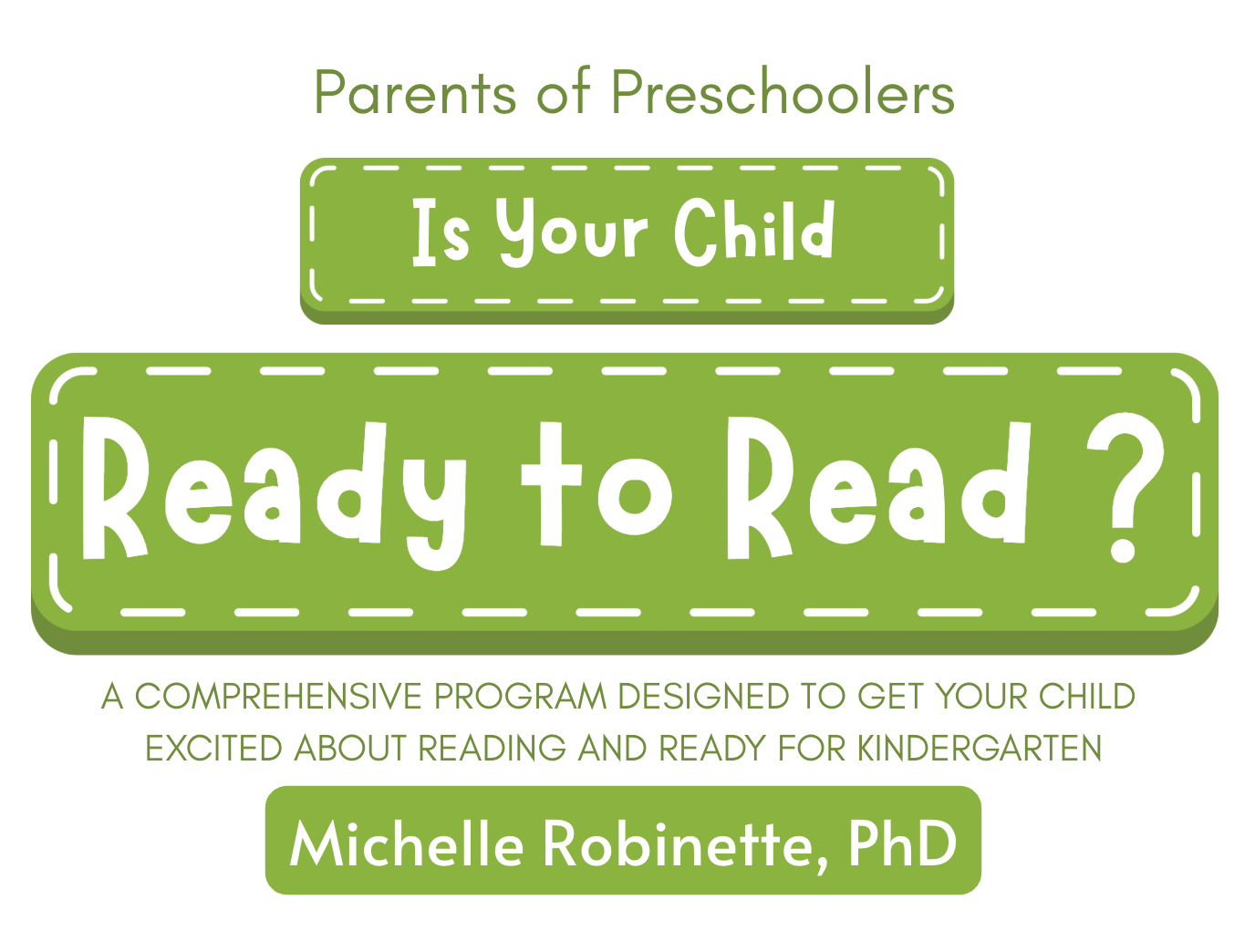25% Pre-Launch Savings
If You Enroll Before 11/1/2025
Use Coupon Code: EARLYBIRD
Your friend "humble brags" about her four-year old son's ability to read.
Like any friend, you smile and congratulate your friend.
Everyone is impressed. Everyone (it seems) recounts a story or two about their own child reading or almost reading.
You know that this isn't necessarily the truth, but you still panic.
And then....
You judge and find yourself to be "lacking" as a parent.
You calculate the amount of time still available for you to teach your child how to read before he starts kindergarten.
You realize that you don't know the first thing about teaching your child how to read.
What if I told you don't need to be anxious or worried?

Here's the Truth
Your child does not need to know how to read before starting kindergarten.
When pushed to learn to read too early, many children view reading as a difficult task or chore that should avoided at all costs.
There are a few specific early-literacy skills that need to be in place before considering the idea of teaching your child to read.
My name is Michelle Robinette. I have 28 years of experience in the elementary classroom and a PhD in reading, writing, and digital literacy.
I'm here to teach you how to help your preschooler learn the early literacy skills that are important to master before attempting to learn how to read.
Don't succumb to any outside pressure to teach your preschooler how to read. That's not your job. You are a parent or caregiver and that's what your child needs right now.
When children are developmentally ready, they learn faster, understand more, retain more and view reading and learning positively.
Until that time comes, enjoy these precious years at home and consider trying a few of our low-pressure, memory-making, bond-deepening, fun activities in preparation for learning to read.
Early-literacy skills work to build a strong foundation for learning and that's what this course is all about!

0
Number of Studies That Support Substantial Long Term Benefits for Teaching a Child to Read Early
10
Age at which there there are no discernible differences between early readers and those who waited to learn how to read at age 6 0r 7
14
Number of important early literacy skills taught in this course and create a strong foundation for learning how to read
Here's What You'll Learn in This Course
An Understanding of "Early Literacy" and Its Importance
Why Most Children are Not Ready to Read Before Kindergarten and Why This is Considered Normal
The Power of Great Read Alouds & Repeated Reading
How to Choose "Good Books"
What You Should Be Doing Each Time You Read to a Preschooler - (questions, comparisons, observations, plot...)
How and When to ask the "Right" Questions
Why Building Vocabulary is SO Important & Fun Ways to Increase Your Child's Vocabulary
Encouraging Story Based Play & Layered Learning Opportunities
Examine the Link Between "Early Literacy" and
Screen Time
Ideas to Help You Create a "Literacy-Rich" Home


Meet Your Instructor
Michelle Robinette, PhD
28 Years Experience Teaching Reading & Gifted Education at the Elementary Level
PhD in reading, writing and digital literacy from the University of Georgia where I also serve as an Adjunct Professor when needed.
Published Author and Consultant having worked with some of the best in educational publishing including:
Apple Computer
Scholastic
Learning Resources
School Specialty
Sunburst Visual Media
Screen-Life Productions

Did You Know?
Word Callers ARE NOT Readers
Word callers are kids who memorize or decode and identify words without actually comprehending what they read. They're too busy decoding or don't know the meaning of the words they've memorized to remember or understand what they read. Often, word callers simply memorize favorite stories and appear to read. Upon closer inspection the child may not know the words in isolation or when used in different context.
To prevent word calling, parents need teach and practice also early-literacy, pre-reading skills in this list.
Without incorporating these skills, reading is simply "word calling".
Word callers appear to be readers, but often get left behind and struggle when the true readers emerge within a classroom.


Before Learning to Read,
TRUE Readers Developed:
A Vast Amount of Background Knowledge
Comprehension Skills
Conversation Skills
A Rich & Robust Vocabulary
Print Awareness
Conversation Skills
Letter Knowledge
A Basic Phonological Understanding
The Motivation and Desire to Read
Directional Understanding

Contrary to What Others May Have Led You to Believe...
Motivation Matters
Studies on Intrinsic Motivation (Deci & Ryan, 2017) show that when preschoolers feel pressured, they may view reading as a chore instead of a joy. Early negative experiences can reduce the likelihood they’ll choose to read for pleasure later—a key predictor of lifelong reading success.
Pre-Reading Skills Are Key & Should Not Be Skipped
The National Early Literacy Panel found that vocabulary growth, oral language skills, phonological awareness, and narrative comprehension are stronger predictors of later reading success than early decoding. Focusing too much on reading words too soon can steal time from these crucial building blocks.
The Research Says...

"Word Calling" is Not Reading
Research in Early Childhood Research Quarterly has shown that children who are pushed to read before they are developmentally ready sometimes develop “word calling” habits—sounding out words without understanding them. This can lead to comprehension gaps that are harder to close in later grades.
Brain Readiness Differs Between Children
Neuroscience research (e.g., Pugh et al., 2013) shows that the neural pathways for decoding written language develop on different timelines for different children. Forcing formal reading instruction before these pathways are sufficiently developed can lead to frustration, stress, and a weaker sense of competence.
Early Doesn’t Always Mean Better
Longitudinal studies (e.g., Suggate, 2009, University of Otago) comparing children who learned to read at 5 vs. 7 years old found that early readers had no significant advantage in reading ability by age 11, but later starters often had better comprehension—likely due to stronger language foundations before decoding instruction.
Here's What's Included When You Enroll
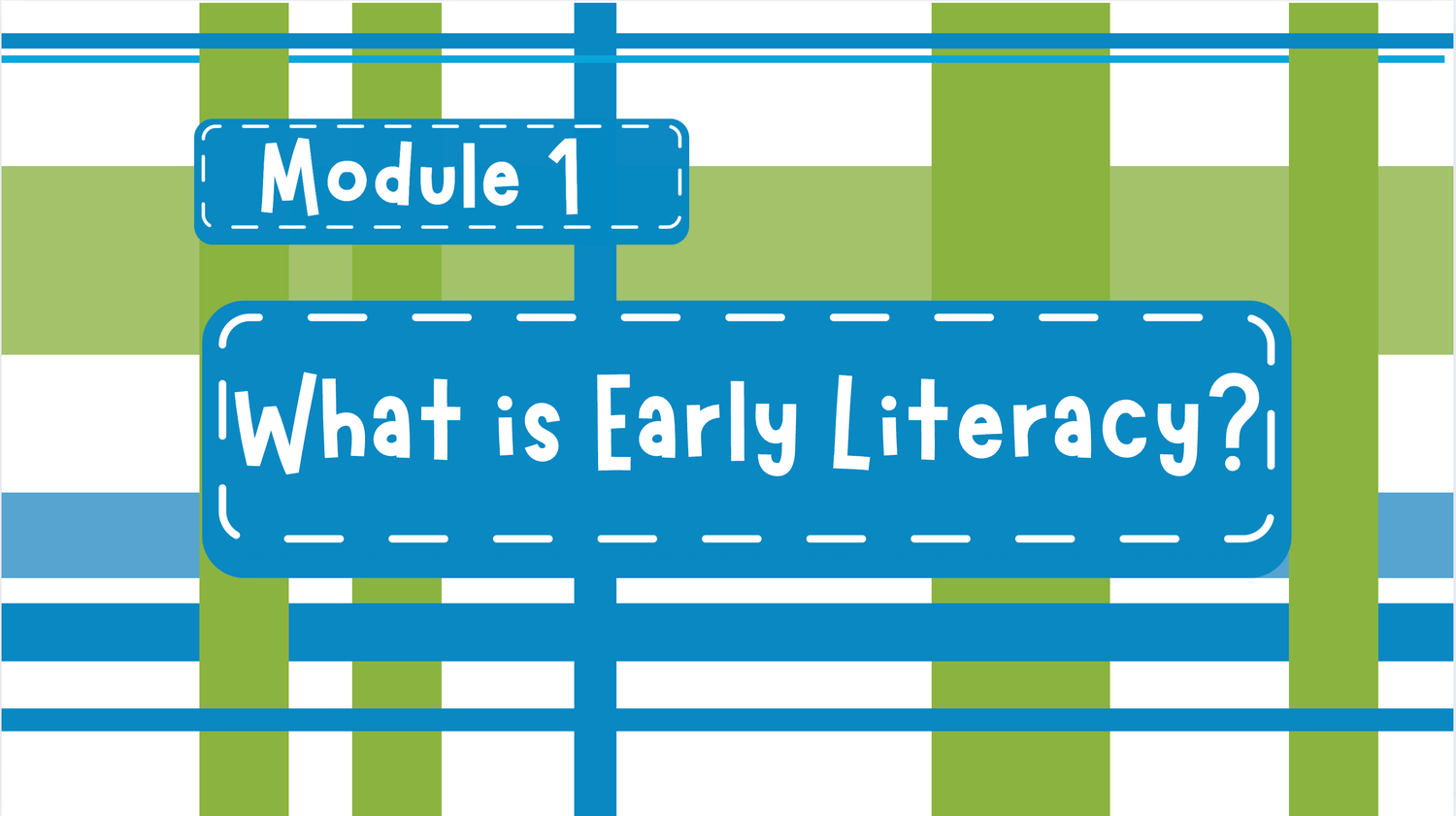
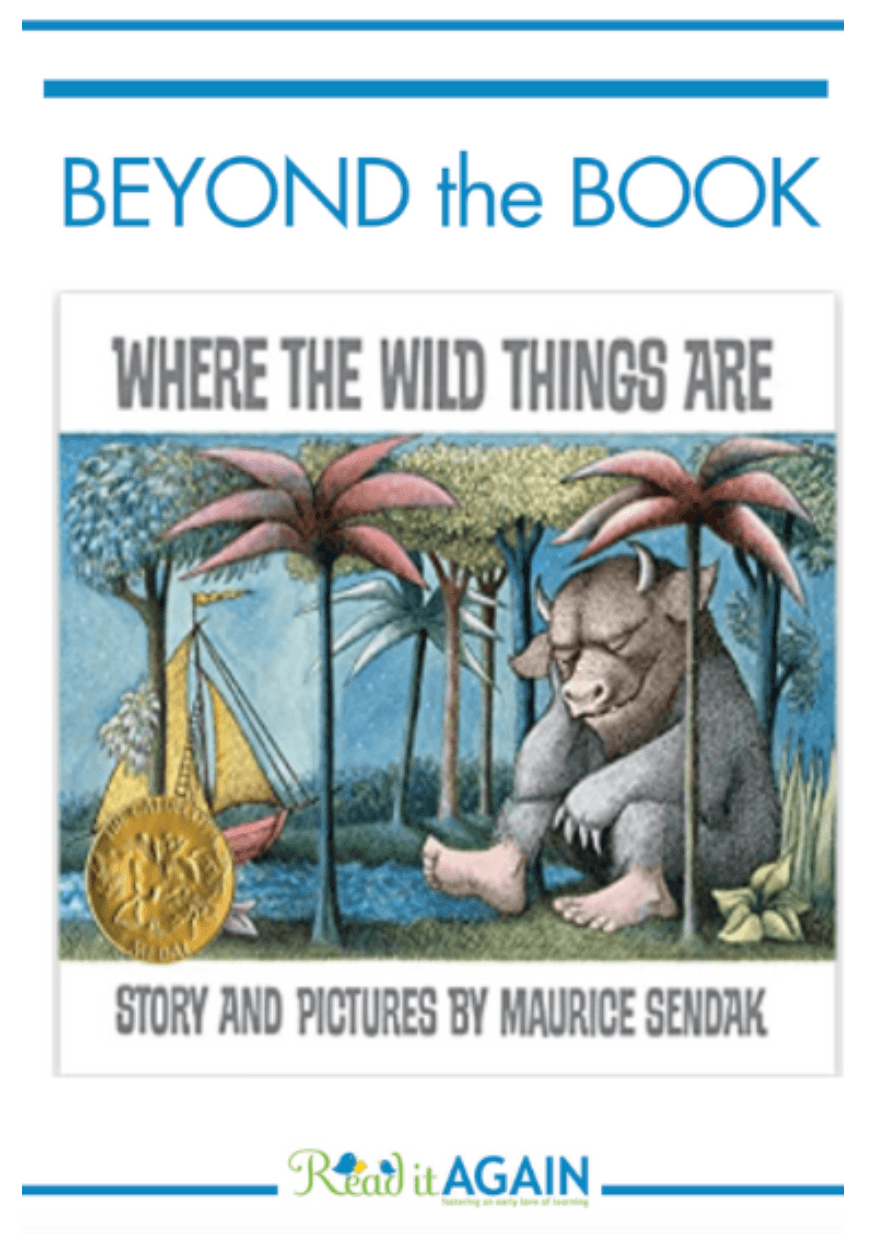
10 Video /Print Modules
Work at your own pace through each module. Once enrolled, you have lifetime access to the course. Time required to complete each module varies with some taking only an hour to complete while others may take 3-5 hours, depending on the amount of time you spend off-line implementing the skills taught within a lesson.
Bonus Material
A free copy of one of our best selling Beyond the Book Resources full of great ideas, examples and activities aligned with the classic children's story, Where the Wild Things Are by Maurice Sendak.
Discounts & New Product Alerts
Everyone that enrolls in the course will receive lifetime 25% off all Beyond the Book titles.
New titles are added each month.
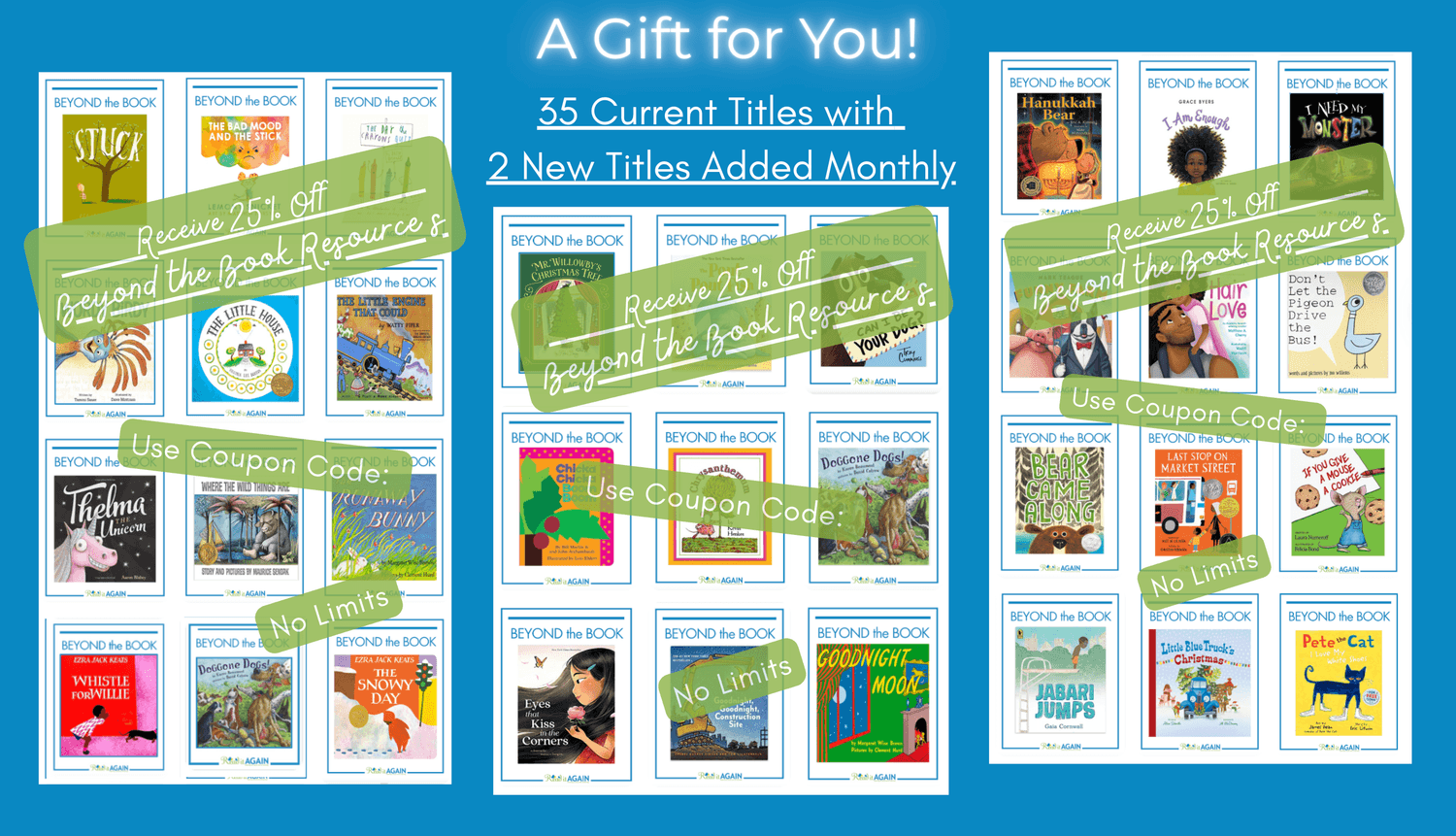
Interactive Workbook
There are 2 versions of the workbook. One is a fillable PDF that you can type into on screen, and the other is a magazine stye flipbook that while insightful is view only.
If you prefer something more tangible, you can always print either version.
Private Facebook Community
Join our "Is Your Child Ready to Read?" Facebook community to chat with me and other parents and caregivers experiencing the same worries surrounding early literacy.
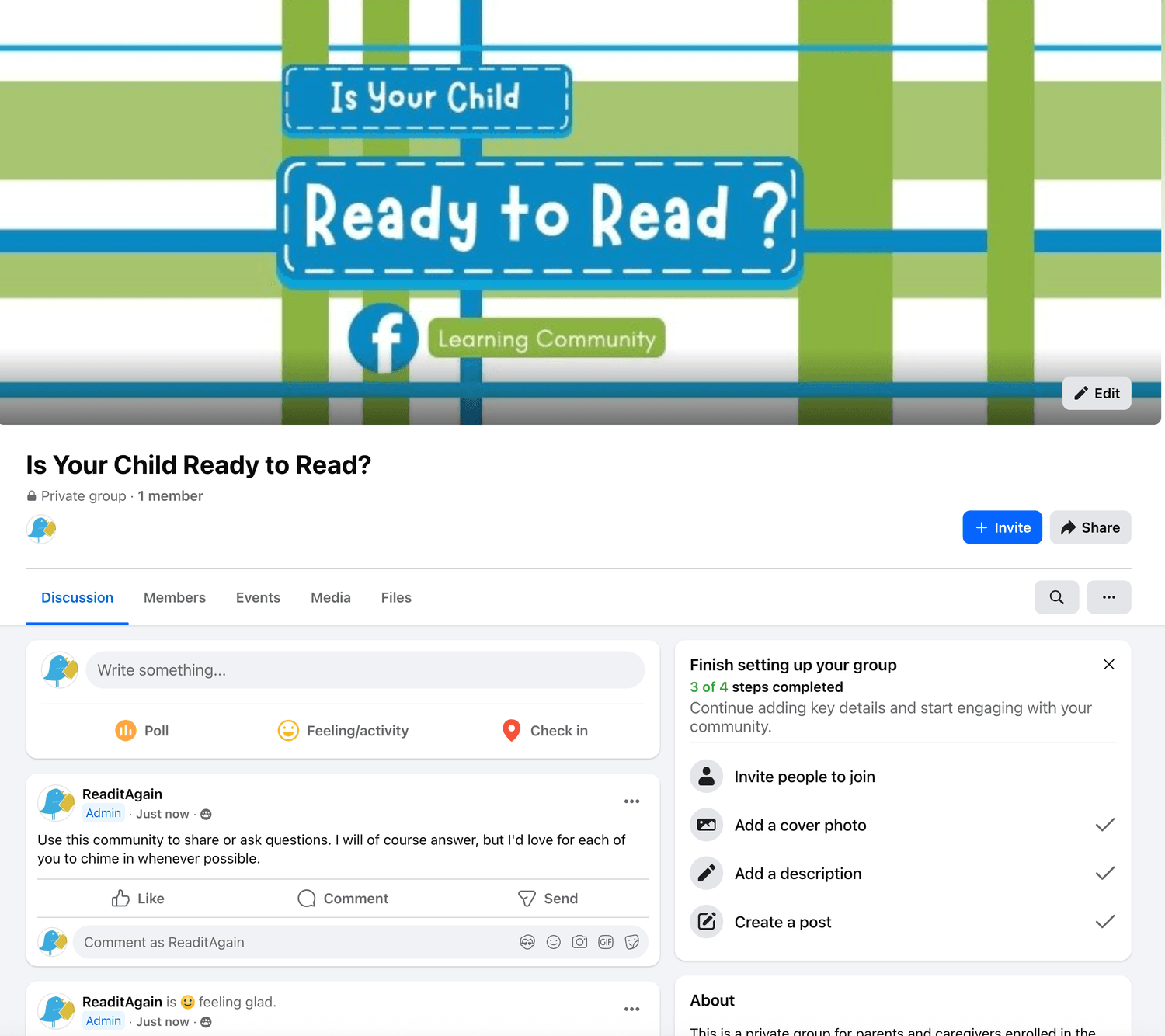
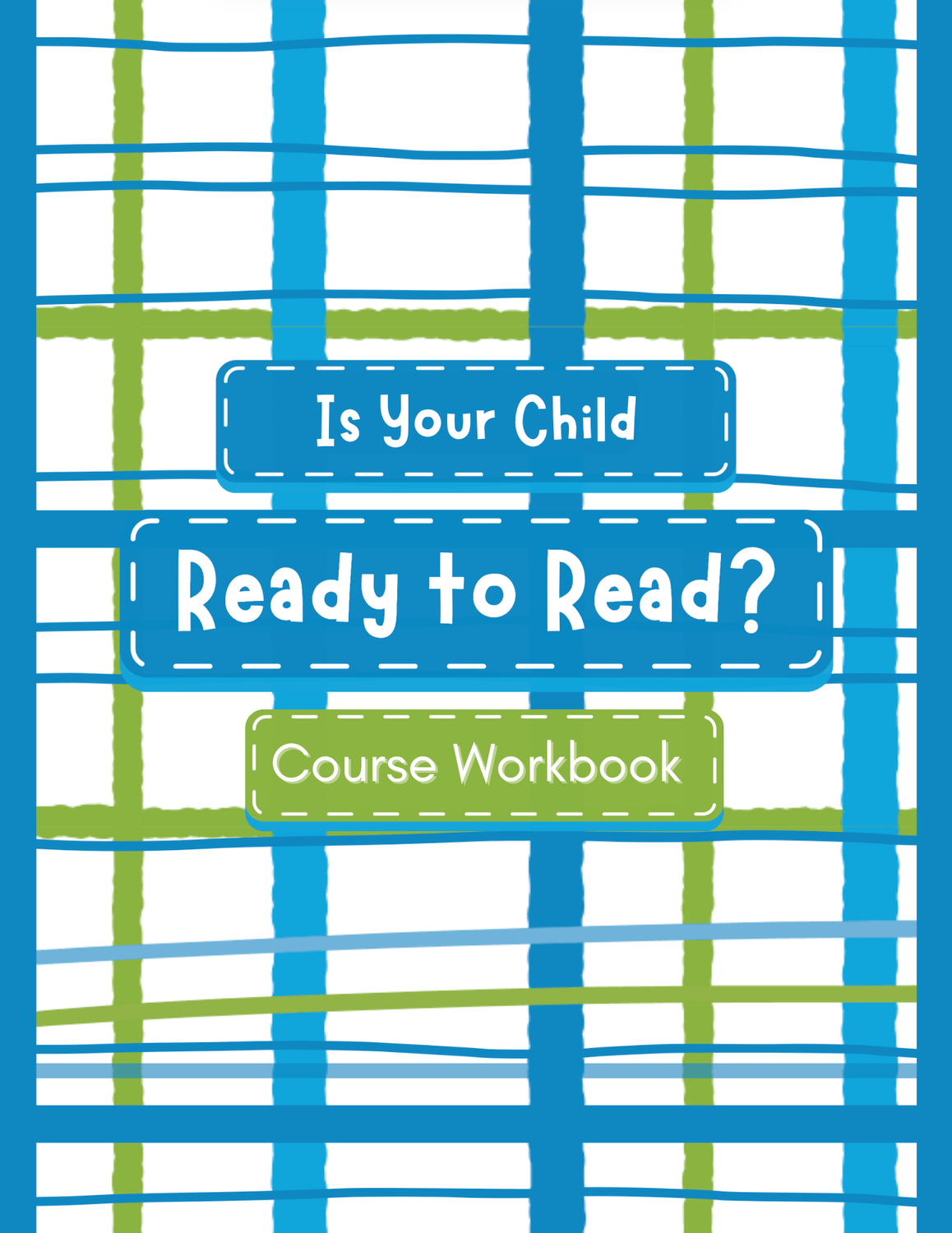
Meet Your Instructor
Michelle Robinette, PhD
28 Years Experience Teaching Reading & Gifted Education at the Elementary Level
PhD in reading, writing and digital literacy from the University of Georgia where I also serve as an Adjunct Professor when needed.
Published Author and Consultant having worked with some of the best in educational publishing including:
Apple Computer
Scholastic
Learning Resources
School Specialty
Sunburst Visual Media
Screen-Life Productions


This course is for you if...
You want your child to have a strong foundation for learning to read.
You want your child to view reading as a gift and not a chore.
You understand that the ability to read, comprehend what's read, and tell or write about it are important skills throughout a child's education and adulthood.
This course may not be for you if...
You've already decided and expect your child to learn how to read on your schedule and before starting kindergarten.
Your schedule prevents you from reading to your child on a regular basis.
You're worried about what others may think if your child isn't reading before kindergarten.

FAQs
While Where the Wild Things Are by Maurice Sendak is used as a reference within several of the modules, what’s being taught throughout the course can be applied to just about any favorite children's story.
NO this is not a course on "How to Teach a Child to Read before Starting Kindergarten".
It's actually the polar opposite. Early childhood is a precious yet fleeting period. The preschool years should be a relaxed, fun, and most importantly stress-free time of slowing down, snuggling in, and reading great stories that encourage curiosity, arouse a sense of wonder, and inspire creativity.
There are many important skills that need to be in place before beginning to teach a child to read. Strength in these skill areas will give your child a true advantage, a solid foundation when the time to learn how to read comes along. This course is about building those skills.
There are many courses and books designed to help preschoolers learn to read, but you should think long and hard before deciding to go in that direction.
A child between the ages of 2 and 6
A parent or caregiver
A few favorite stories
Course access/purchase
Nope, you have lifetime access to the course so you may work on it at anytime.
Due to the digital nature of this course, we do not offer returns.
Read this entire page and take a close look at the WHAT YOU’LL LEARN info to be certain that this course includes what you’re looking for before you make the purchase.
Enroll Now for
"Early Bird" Savings
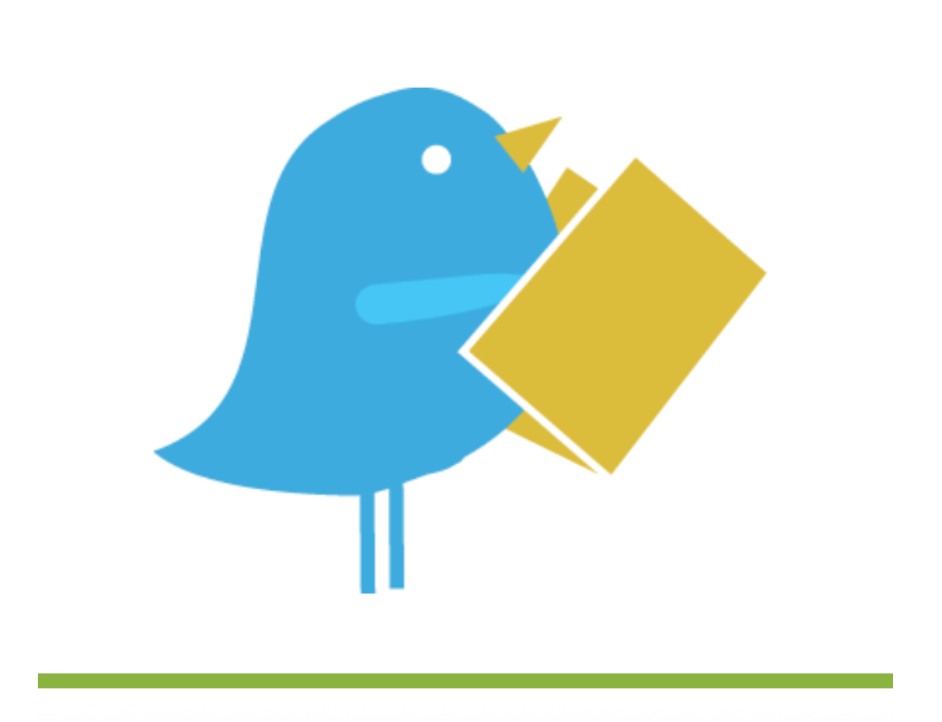
One Time
Payment
$375 $280
Use Coupon Code: EARLYBIRD
25% Early Registration Discount
Must Register before 11/1/25
Course Opens 11/1/25
link delivered via email
Don't just take my word for it...
Join 100s of satisfied customers around the world who are already making millions
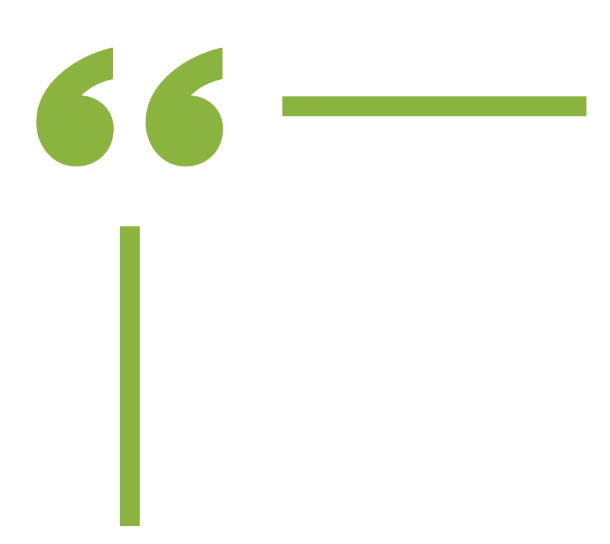
So many courses make promises that they can't deliver or end up delivering poorly. Michelle Robinette knows her subject and know teaches in a way that makes sense and is empowering. There's nothing in the course that I'm afraid to try with my son. It's been an incredible experience from start to finish!

Ellen
Newport News, VA

Taking this course changed our home life. I'm not kidding, the anxiety surrounding me trying to teach our son how to read was causing big problems. The pushback was real. He wasn't ready. Taking this course and purchasing additional ReaditAgain Resource Guides has allowed me to take a deep breath and enjoy my child.

Andi
Estes Park Colorado
